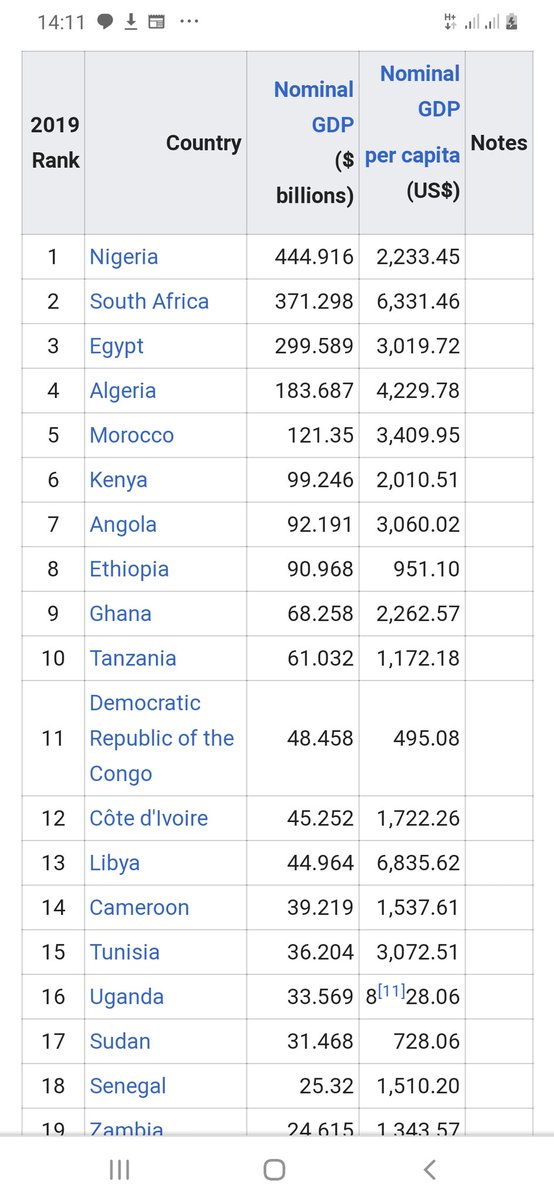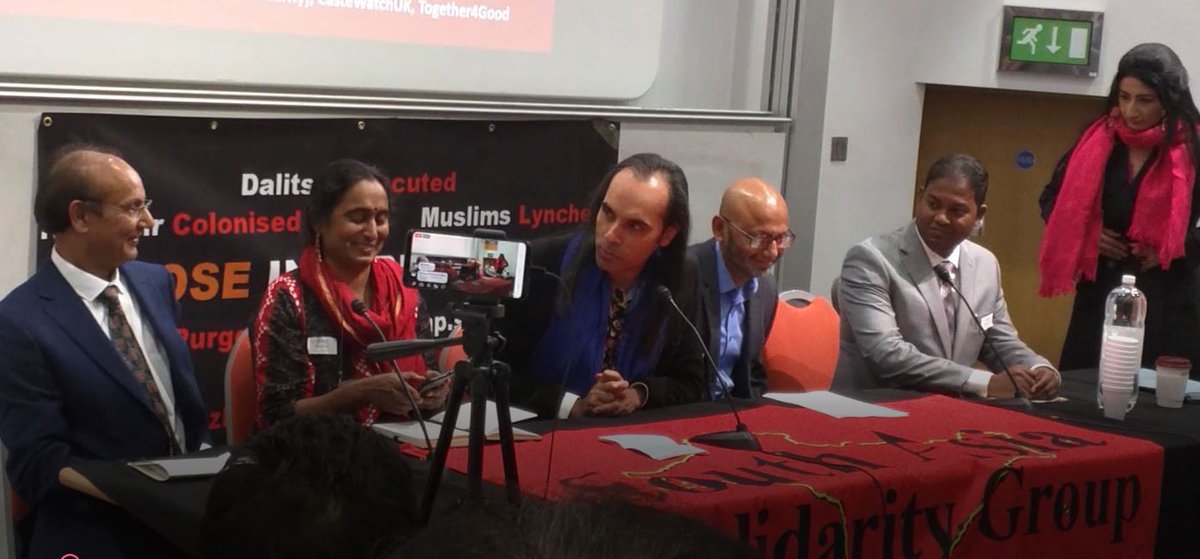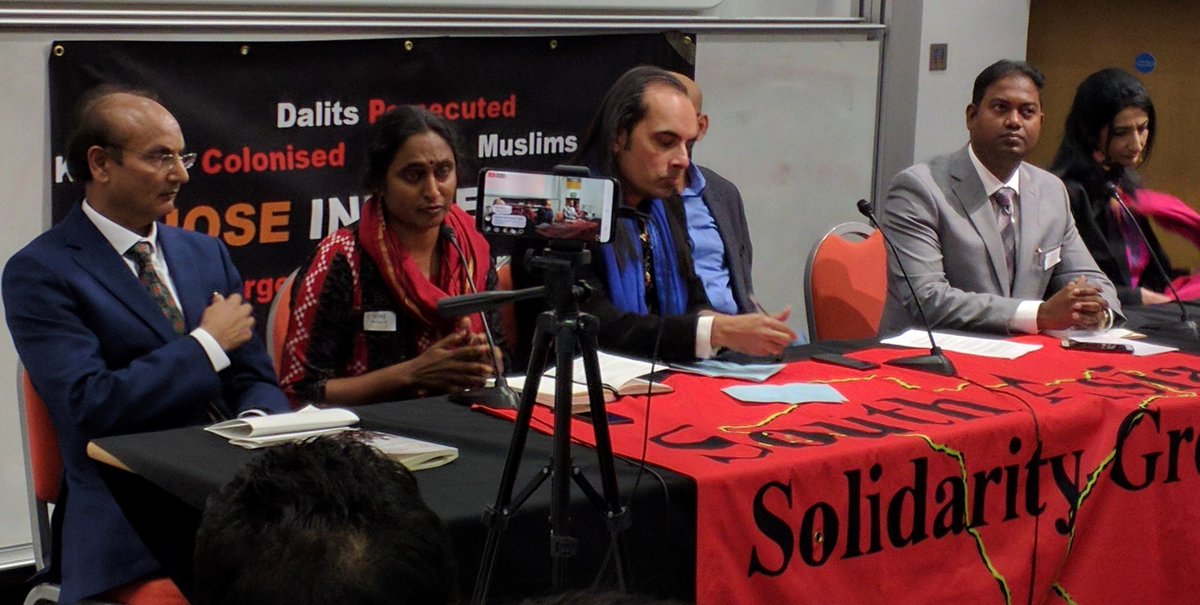thehill.com/homenews/senat…
China has been able to prevent the @WHO from recognizing Taiwan, a point recently discussed by @HalBrands in @bopinion
This is a page from a WHO report on 2018 contributions: 🇨🇳gives way less than 🇨🇦(& Cameroon and WAY less than the USA or UK (both over $100 million)
Source: apps.who.int/gb/ebwha/pdf_f…
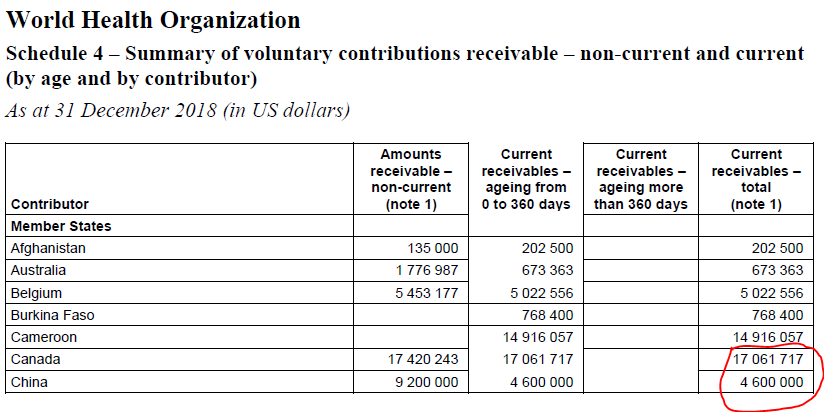
washingtonpost.com/world/asia_pac…
-- treat China too harshly and you lose all ability to collect data
-- treat China too lightly and other states fail to receive the accurate information they need.
warontherocks.com/2020/03/china-…
At the end of the day, IOs are created by and sustained by member states.
jstor.org/stable/2539078…
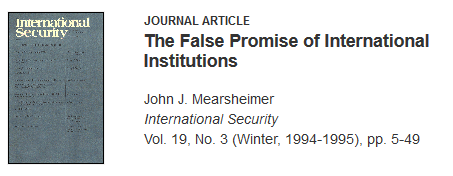
jstor.org/stable/2539214…

muse.jhu.edu/article/447391…
cambridge.org/core/journals/…
cambridge.org/core/journals/…
books.google.com/books?id=50-QD…
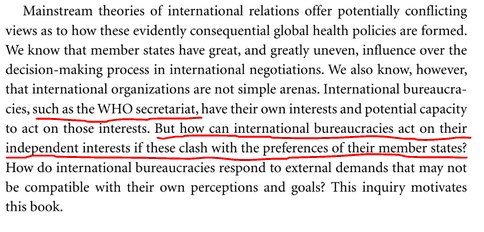
politico.eu/article/jens-s…




